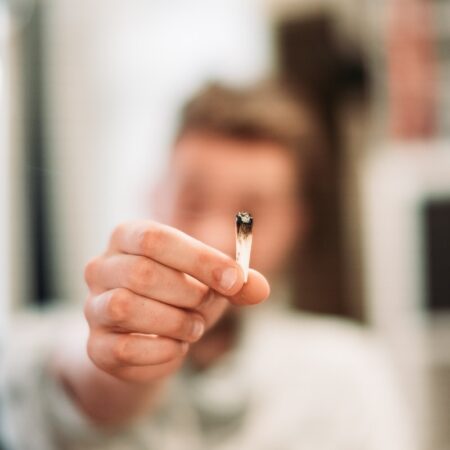Have you wondered when, and how, to discuss the topic of drugs, alcohol, and tobacco with your kids? Perhaps you’ve seen the devastation of substance abuse in families close to you and hope to keep this problem from entering your own doorstep.
Benjamin Franklin is known to have said, “An ounce of prevention is worth a pound of cure.” This advice holds true for several matters in life, but how is this done in practical terms when it comes to teens and substances?
TIMING…
It’s best to start these discussions early in a child’s life, using age-appropriate terms and concepts while providing two-way conversation. Explain what the substances do to a person’s brain and body, and the likelihood of becoming addicted to them. Taking preventive measures is always a smart step!
But also become the safe place where your kids can go to ask questions and get help when they later give thought to—or possibly experiment with substances.
Next, be aware of the mental health needs of your teen. Did you know that about half of the people with a mental illness also have a substance abuse problem? The opposite is also true: about half of the people with addictions also have a mental illness.
If your child or teen is struggling with depression, anxiety, or other mental health struggles, make sure to get the issue treated properly by a trained therapist or psychiatric practitioner. This approach helps prevent kids from self-medicating with other substances.
OBSERVATION…
If you think your teen might be using substances, be observant! Some common signs of drug use include a switch in peer-group, a noticeable change in eating or sleeping patterns, or a sudden decline in school attendance or grades. However, these are also potential signs of mental health issues. This is where open communication and the value of knowing your child will come in.
Lastly, if your child has disclosed substance use to you, or if you suspect they have been experimenting with substances, seek medical assistance. A doctor trained in substance use screening can determine if your child has been using substances and can help steer you in the right direction with referrals if needed.
Getting teens with substance abuse problems treated early is critical to avoid physical and developmental problems related to ongoing use.
Contact The BabbCenter for Counseling at 615-824-3772 to schedule an appointment with Lorraine Looney, Substance Abuse Counselor.


